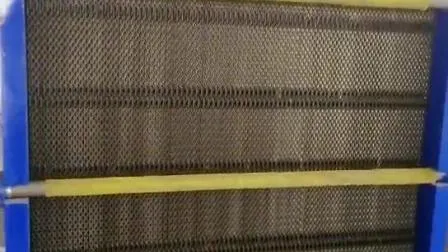
Replace Sondex/ Apv/Gea/ Tranter/Funke Heat Exchanger Plate
Replace Sondex/ Apv/Gea/ Tranter/Funke Heat Exchanger Plate, Heat Exchanger Gasket, Plate Heat Exchanger Our company has;
Basic Info.
| Model NO. | M10B-M15M-M20-T20M |
| Transport Package | Polywood Box |
| Specification | ISO9001: 2008, SGS |
| Trademark | Jiema |
| Origin | Guangzhou, China |
| HS Code | 8419909000 |
| Production Capacity | 100 Million USD Per Year |
Product Description
Replace Sondex/ Apv/Gea/ Tranter/Funke Heat Exchanger Plate, Heat Exchanger Gasket, Plate Heat ExchangerOur company has the plate and the rubber gasket mold center, can demand for plate and rubber gasket larger customers to provide customized services, our company can provide replacement of Alf-Laval/APV/Sondex/GEA/Tranter/Vicarb/Sweep companies such as plate and gasket, price concessions, welcome inquiry!
Contact Me:Seana M :0086-13802722945 T :0086-20-82249117F: 0086-20-82031613
Plate:Gasket:
Plate heat exchanger is a new efficient and compact heat exchanger that has developed and extensively used in the recent decades. It consists of multiple parallel corrugated-surface thin metal sheets that overlap and are then fixed by lamp plates and bolts. The cold working fluid and the hot working fluid flow through the narrow and winding passage made of two neighboring plates alternately and realize cold and heat exchange through the plates separating the two working fluids.
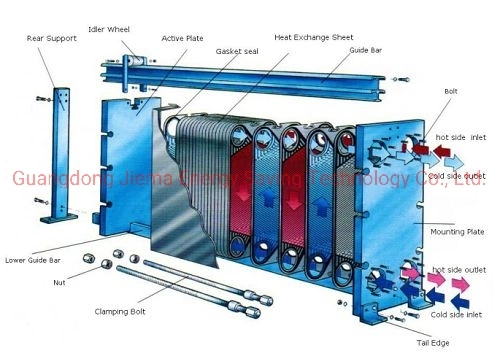
product feature :
The plate heat exchanger consists essentially of heat transfer plates, gaskets and a clamping device. Thanks to its structure and heat exchange principle, it is characterized by compact structure, small floor area, high heat transfer coefficient and operation flexibility, wide application range, small heat loss, easy installation and cleaning, etc. The two mediums have a mean temperature difference as small as 1ºC and heat recovery efficiency higher than 99 percent. Based on the same pressure loss, the plate heat exchanger has, compared with a tubular heat exchanger, a heat transfer coefficient two to four times higher, a one-third floor area and a two-thirds metal consumption. It is therefore an efficient and energy, material and investment saving advanced heat exchanger. It is now widely used in industrial fields such as chemical industry, petrochemical, food, machinery, central heating, metallurgy, power, ships, paper-making, textile, pharmaceutical industry, nuclear industry, sea water desalination and combined heat and power generation to meet the requirements of processes such as cooling, heating, condensation, concentration, sterilization and residual heat recovery. It has become a highly competitive product in the heat exchanger field or evenly has replaced conventional tubular heat exchangers. With its development, it will be used in more and more fields.
Structure of Plate Heat Exchanger Component Material Heat-exchange plate: SUS304, SUS316L, SMO254, titanium, nickel, Hastelloy alloy
Gasket seal: NBR, H-NBR, EPDM, food pad, fluorine rubber, silicon rubber
Frame: Carbon steel, stainless steel, coated stainless steel
Clamping bolt: Galvanized carbon steel, stainless steel
Interface: Rubber, carbon steel, stainless steel Guide bar: Galvanized carbon steel, stainless steel Introduction to Plate Sheet
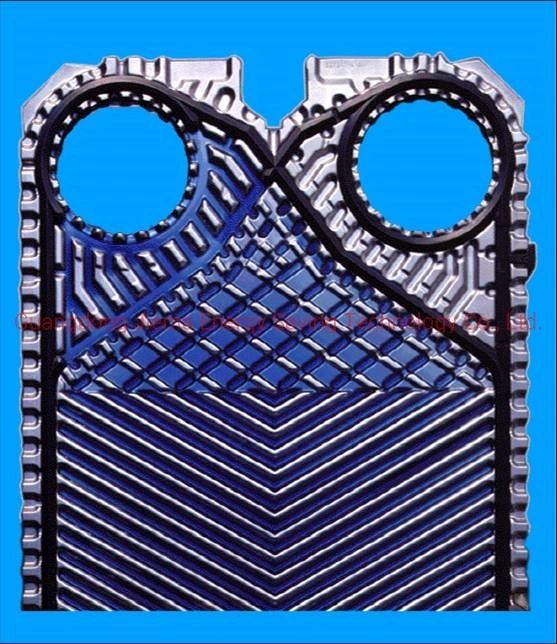
Material Description Code Applicable Temperature (degree centigrade) Anti-corrosive Performance and Applicable OccasionsNBR N -20~110 Hot air, water, non-polar oil, mineral oil, lubricant and silicone oil, etc.EPDM E -50~150 Vapor, polar chemical medium, alcohol, weak acid, weak alkali and oxidizing agent, etc. CR C -40~100 Ammonia, mineral oil and lubricant, etc.Fluorine Rubber F 0~180 Inorganic acid, alkali, mineral oil and Haloalkane, etc. Silicon Rubber Q -65~230 Resistant to cold current
The sheet is of unique linear and planar positioning structure, which can reduce the possibility for inter-sheet malposition;
Fillets in the sheet are of "Interlocked" structure which allows for mutual interlocking of sheets.
The herringbone corrugated sheet is featured by high heat transfer efficiency; in addition, net-shaped contacts are formed in mutually reverse directions after the entire machine is assembled, featuring good pressure resistance. Introduction to Sealing Gasket Sealing gasket is inserted and fixed to the slot in heat-exchanging sheet, featuring easy insertion and replacement of sealing gasket, which can substantially reduce stoppage time. Sealing function is separated from fixing function. Even if some "clamps" with fixing function fail, the gasket can still have sealing function in the slot. Application : HVAC(constant-temperature swimming pool, solar energy ,domestic water , air condition and heating ), textile printing & dyeing industry, pharmacy, food , chemical , paper making , steel and electromechanical and so on .
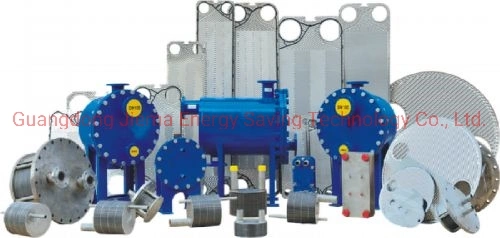
How does a Plate Heat Exchanger Work?
Each unit consists of a series of grooved plates that are individually gasketed and pressed tightly together by compression bolts within a frame. Fluids enter and exit the PHE through portholes in one or both ends of the frame. Within the unit, the fluid to be heated or cooled flows down one side of each plate, while the heating or cooling medium flows in the opposite direction across the other side.
The huge temperature difference created by these opposite flows allows maximum heat transfer efficiency for closest possible approach temperature .
About Warranty We promise 1 year guarantee, all reasonable relevant cost will be undertaken by us in the first year if our heat exchanger fail to work due to quality problem, only the free repairing operation guide is available in the rest of the years via E-mail /Fax/Phone
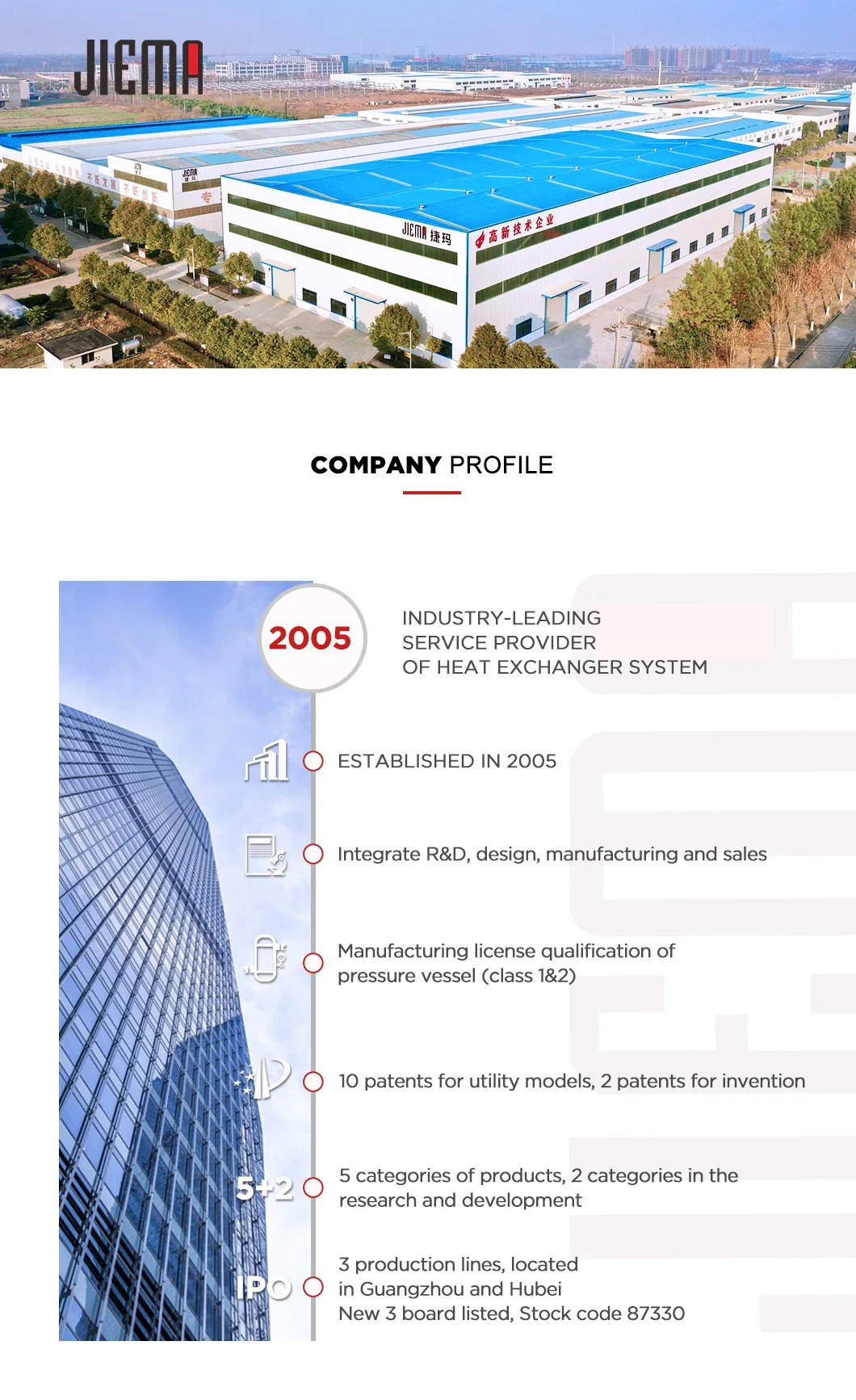
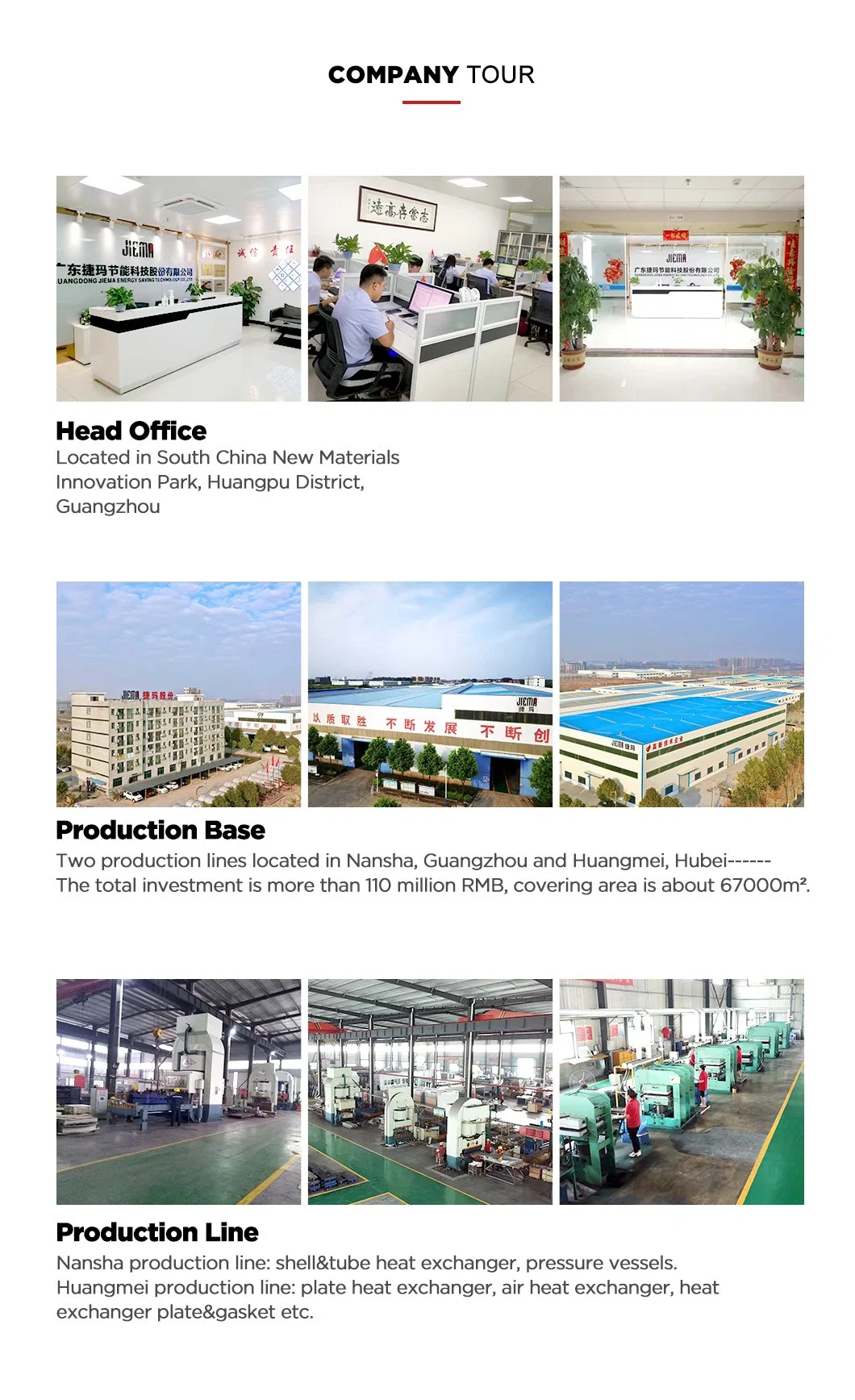
You may also like
Send inquiry
Send now




